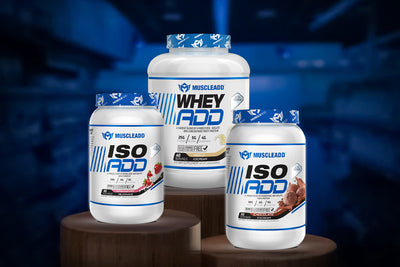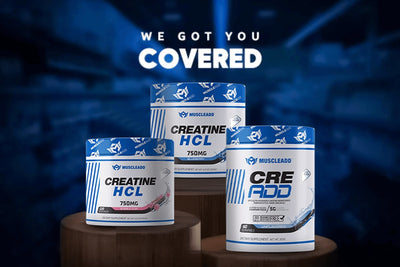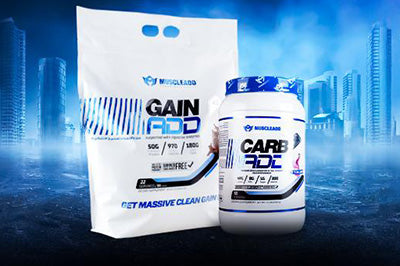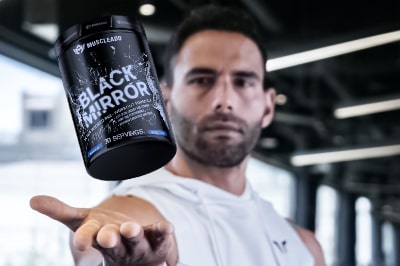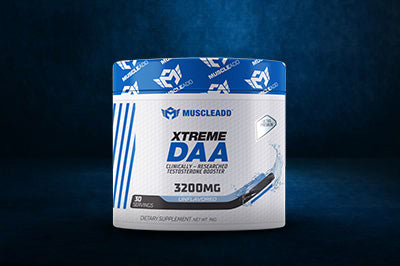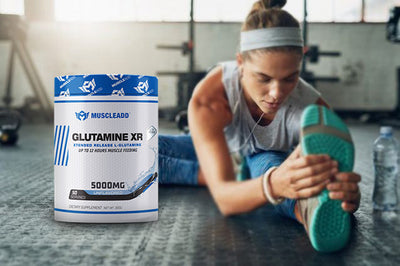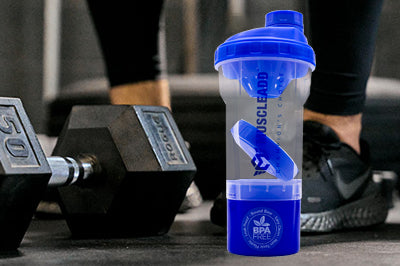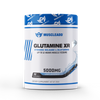Creatine Monohydrate Full Guide

In this guide, we’ll explore everything you need to know about
Creatine Monohydrate
- Introduction.
- What is creatine monohydrate.
- Benefits of Creatine Monohydrate.
- Dosage & Timing Of Creatine.
- Foods Contains Creatine.
- Common Misconceptions About Creatine Monohydrate.
- Conclusion.
- What Is Creatine Monohydrate.
- Why Creatine Is Important.
- How To Use It.
- Truths & Myths About Creatine.
INTRODUCTION
Welcome to our comprehensive guide on creatine monohydrate supplements. In this guide, we will explore everything you need to know about this popular sports nutrition supplement. Whether you're an athlete, bodybuilder, or fitness enthusiast, understanding the benefits, dosage, usage, and potential side effects of creatine monohydrate is essential.

What Is Creatine Monohydrate?
Creatine monohydrate is a naturally occurring compound found in small amounts in foods like meat and fish.
Creatine is stored in muscle cells as phosphocreatine, which helps regenerate adenosine triphosphate (ATP), the primary energy source for muscular contractions.
Creatine monohydrate is the most common and well-researched form, known for its effectiveness and safety.

Benefits Of Creatine Monohydrate
• Increased Strength and Power
Creatine supplementation has been shown to enhance high-intensity, short-duration activities, such as weightlifting and sprinting.
• Muscle Growth
Creatine promotes muscle protein synthesis, leading to increased muscle mass over time.
• Improved Exercise Performance
By increasing ATP availability, creatine enhances performance during intense workouts, allowing for more reps, sets, or higher workload.
• Enhanced Recovery
Creatine helps reduce muscle damage and inflammation, leading to faster recovery between training sessions.
Dosage And Timing Of Using Creatine
Daily dose
3-5 grams is sufficient for most individuals.
Some Individuals Take Up To 10 grams but Mostly They Are Advanced Bodybuilders, We Don’t Recommend This For Average Individuals.
Timing
Creatine can be taken at any time, but post-workout consumption may enhance uptake due to increased blood flow to muscles.
You Also Can Use Creatine On Rest Days To Make The Most Out Of Your Rest Day.

* Healthy Individuals Who Are Not Training Regularly Can Also Use Creatine Monohydrate Supplement As A part of Their Daily Nutrition To Enhance General Performance And Stay Healthy As Creatine Not Only For Muscles It Supports Brain’s Cells And Protect the Nervous System Too.
Natural Foods That Contains Creatine
1. Red Meat, Beef: particularly lean cuts like sirloin and top round, is a rich source of creatine. It contains approximately 2 to 5 grams of creatine per kilogram of raw meat.
2. Poultry: Chicken and turkey are sources of creatine, although in smaller amounts compared to red meat and pork.
3. Fish: Certain types of fish are known for their creatine content. For example, salmon and tuna contain higher levels of creatine compared to other fish varieties.
4. Seafood: Shellfish such as crab and lobster contain creatine. While the levels are not as high as in meats, they still contribute to the overall intake.

* It's important to note that the creatine content in these foods may vary depending on factors such as the animal's diet, age, and cooking methods. However, consuming a varied diet that includes these protein-rich foods can contribute to the natural intake of creatine in your diet.
Common Misconceptions about Creatine Monohydrate
Creatine Monohydrate is a Steroid
Creatine Monohydrate is not a steroid. It is a naturally occurring compound found in foods and is synthesized in the body from amino acids. Unlike steroids, creatine monohydrate does not have the same hormonal effects or associated risks.
Creatine Monohydrate Causes Kidney Damage
Numerous Studies have shown that creatine monohydrate does not cause kidney damage in healthy individuals when used within recommended doses.
However, individuals with pre-existing kidney conditions should consult a healthcare professional before using creatine.
Creatine Monohydrate Causes Dehydration
Creatine Monohydrate does not cause dehydration directly. However, it may draw water into the muscles, so it's important to stay adequately hydrated by drinking enough water throughout the day.
Emphasize the need to increase water intake while using creatine to maintain proper hydration.
Creatine Monohydrate is Only for Bodybuilders
Creatine Monohydrate is not just for bodybuilders. While it is popular among strength athletes, it can benefit individuals engaged in various sports and fitness activities.
Its performance-enhancing and muscle-building properties can be advantageous for anyone looking to improve their exercise performance, strength, and recovery.
Creatine Monohydrate Causes Weight Gain
Creatine Monohydrate may lead to initial weight gain, but it is primarily due to increased water content in the muscles.
This weight gain is temporary and not the same as gaining body fat.
In fact, creatine can help promote lean muscle mass, which can contribute to a more toned and defined physique over time.
Creatine Monohydrate is Only Effective with High-Carb Diets
Creatine Monohydrate can be taken with carbohydrates to enhance its absorption, But it is still effective when consumed without carbohydrates.
The benefits of creatine supplementation are not solely dependent on carbohydrate intake.
Conclusion
Creatine monohydrate is a widely studied and effective supplement that can enhance athletic performance, promote muscle growth, and aid recovery. When used responsibly and within recommended guidelines, it is generally safe for most individuals.
As with any supplement, it's essential to consult a healthcare professional before starting creatine, especially if you have pre-existing health conditions. Remember to prioritize proper hydration and choose a reputable brand for optimal results.
* Remember to prioritize proper hydration and choose reputable brand for optimal results.
